Related Articles

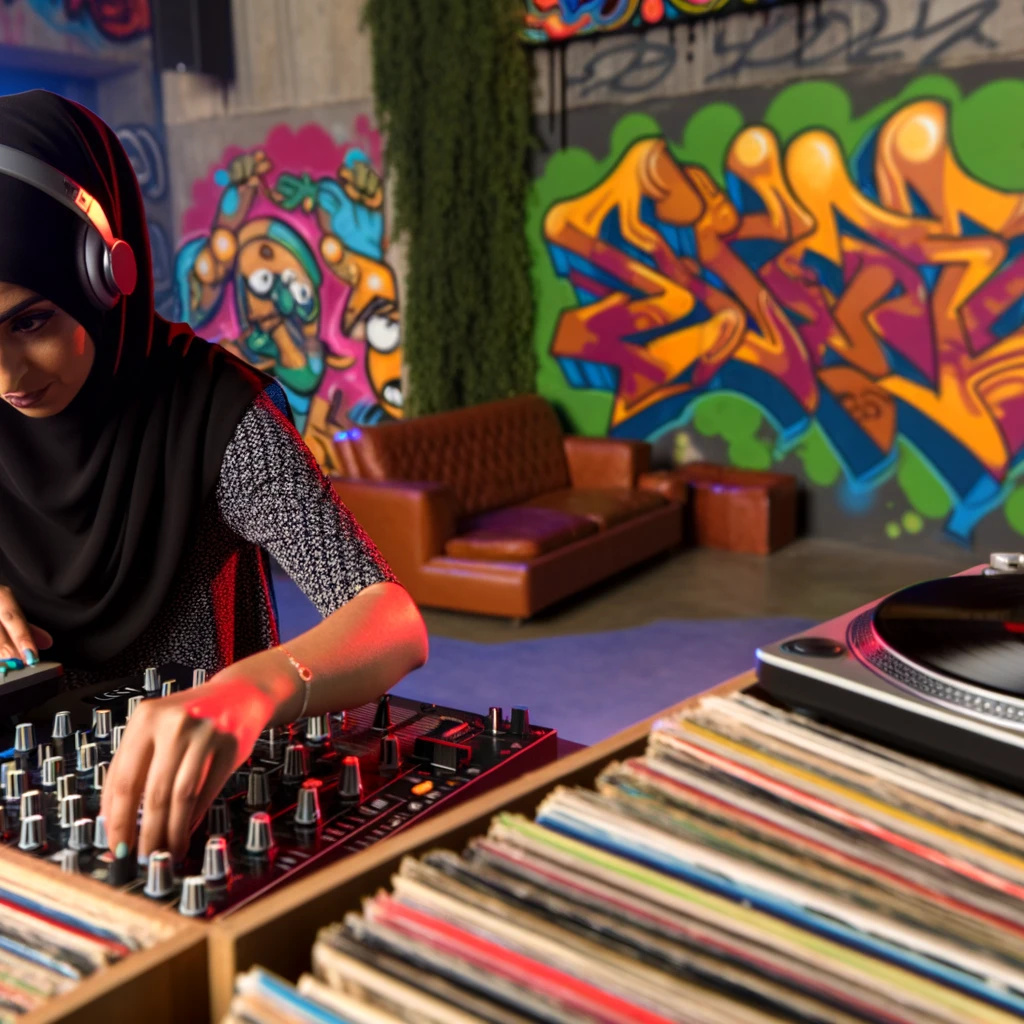
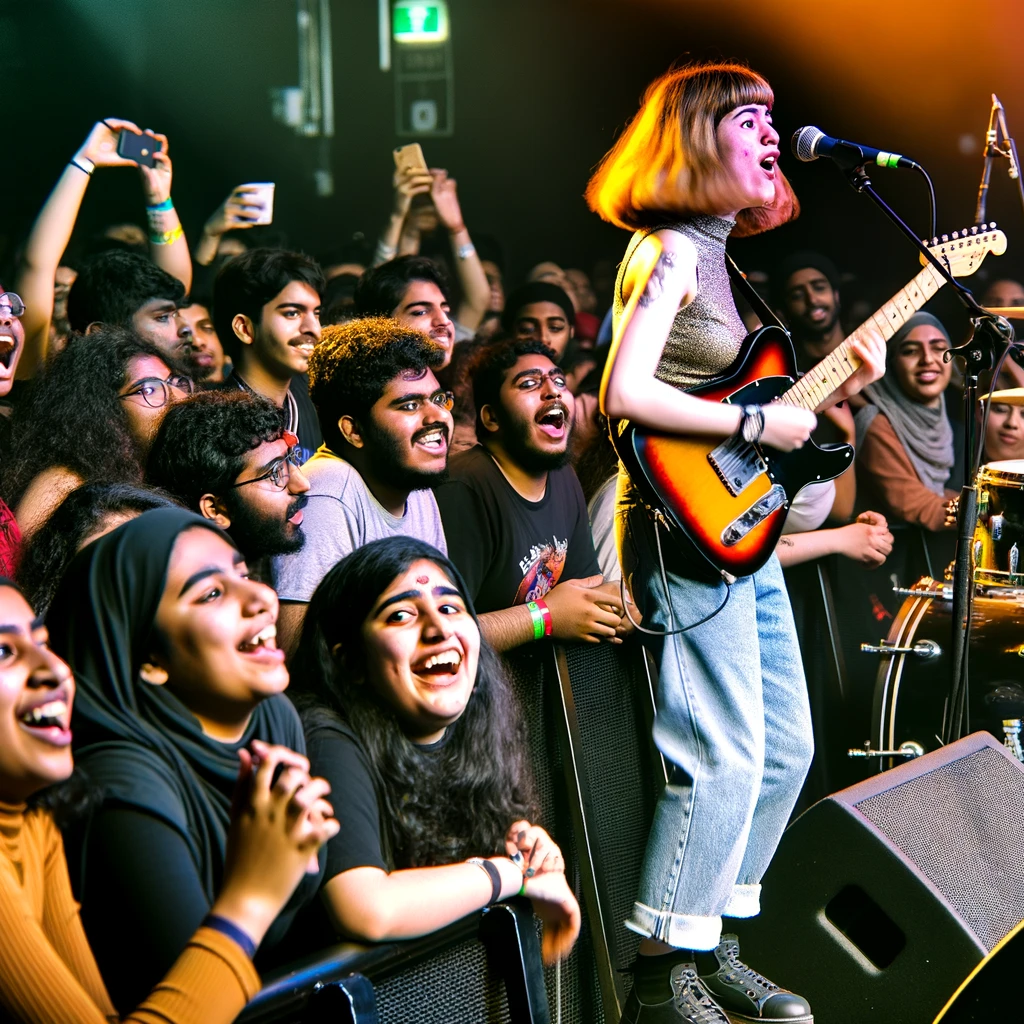
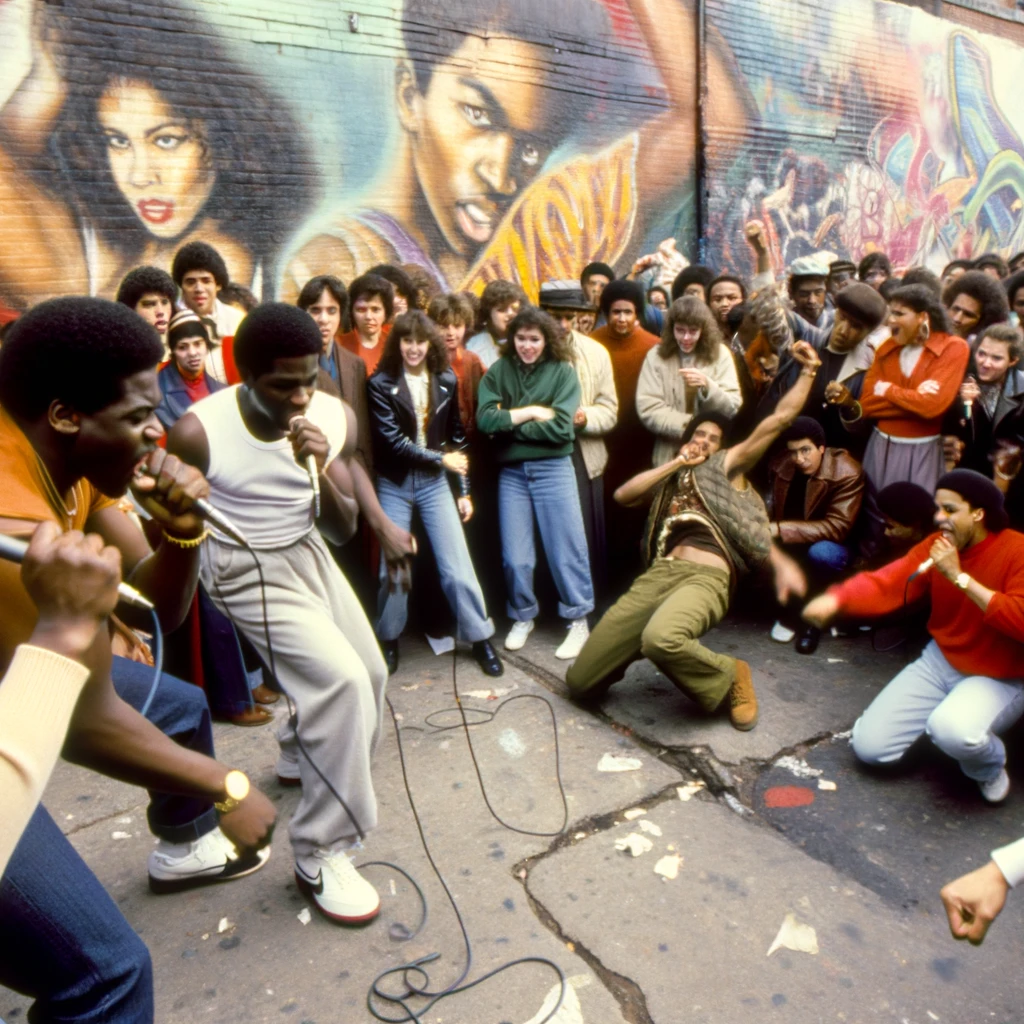
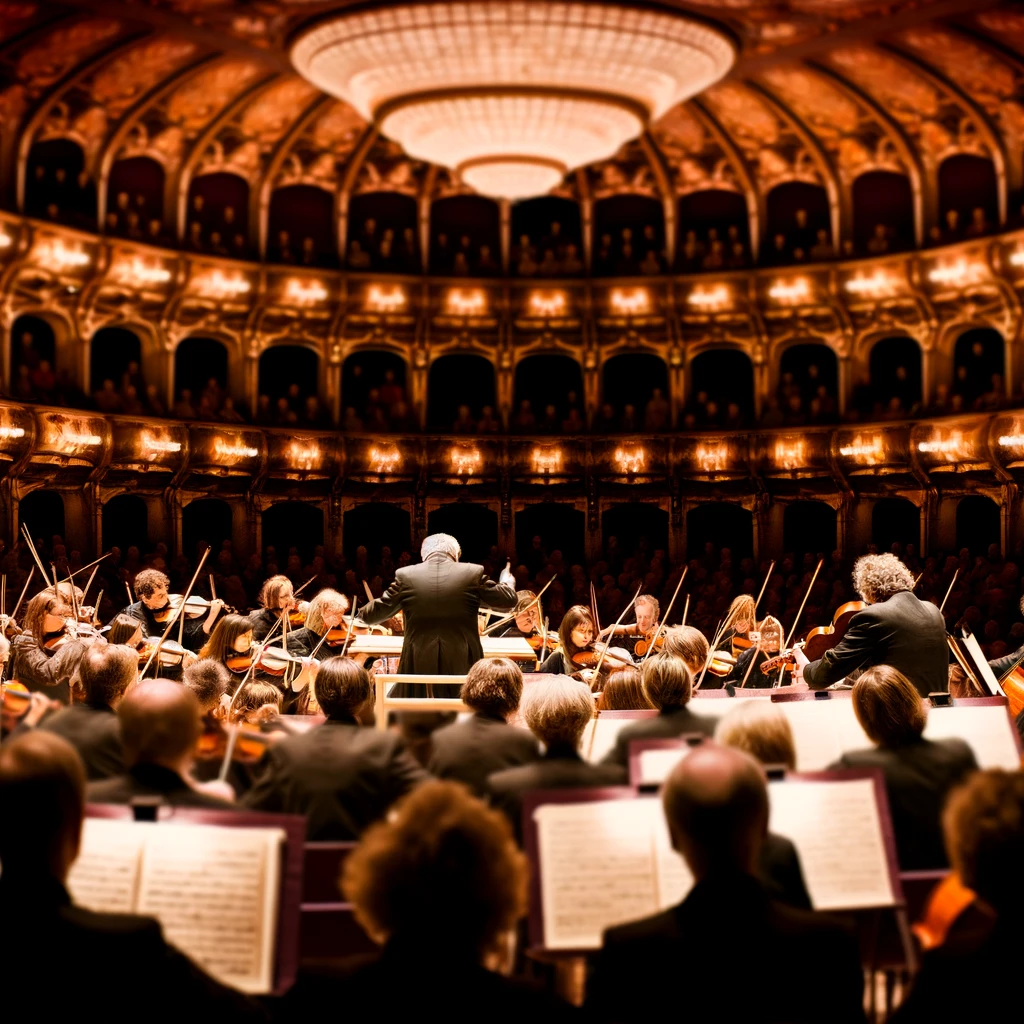





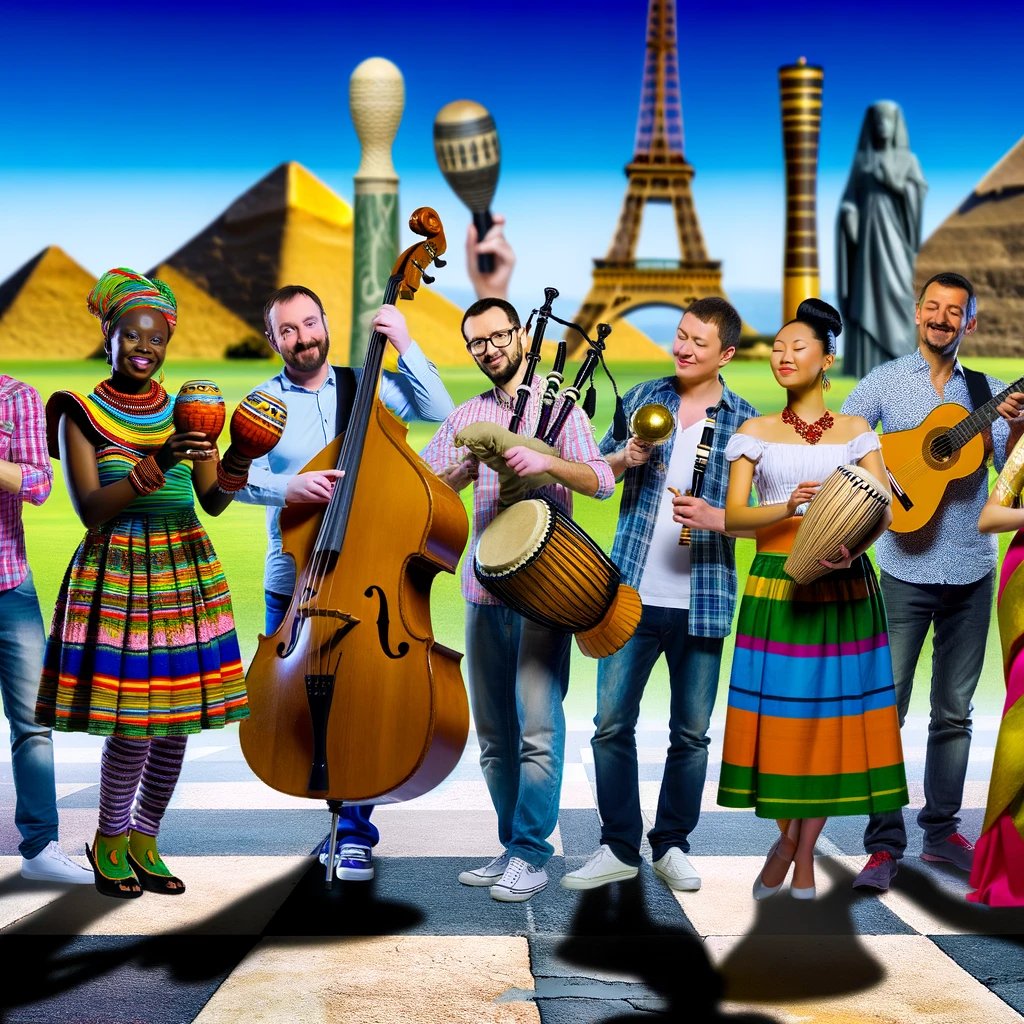
World music is a vast and diverse genre that transcends borders and languages, uniting cultures through the universal language of sound. It encompasses traditional and contemporary music from all over the globe, offering listeners a unique opportunity to explore the rich tapestry of cultural expressions. As we delve into the world of music, we gain insight into the distinct traditions and histories that shape different societies.
World music is often defined as any music that falls outside the Western commercial music genres. This includes traditional folk music, non-Western classical music, and contemporary music that fuses various cultural influences. It's a category that not only highlights the diversity of musical expression but also celebrates the shared human experience through rhythm and melody.
The roots of world music are as varied as the cultures it represents. From the rhythmic drumming of African tribes to the haunting melodies of Asian string instruments, each culture brings its own unique sound to the global stage. These traditional sounds are often passed down through generations, preserving the historical and cultural narratives of their people.
World music has had a profound influence on modern music genres. Many contemporary artists draw inspiration from traditional sounds, incorporating elements of world music into their work. This fusion has led to the creation of new genres, such as Afrobeat, Reggae, and Latin pop, which are enjoyed by audiences worldwide. The blending of different musical traditions not only enriches the music itself but also fosters a greater understanding and appreciation of diverse cultures.
Music is a powerful tool for cultural expression, providing insight into the values, beliefs, and experiences of different communities. By listening to world music, we become more attuned to the cultural heritage of others, gaining a deeper appreciation for the complexities of human society.
World music serves as a bridge between cultures, breaking down barriers and fostering connections between people from different backgrounds. It offers a platform for cultural exchange, where artists and audiences can share their stories and experiences through the power of music. This exchange encourages mutual respect and understanding, promoting peace and unity in a globalized world.
Music festivals and events dedicated to world music play a crucial role in promoting cultural diversity and appreciation. These gatherings bring together artists and audiences from around the world, showcasing the rich array of sounds and styles that exist beyond mainstream music. They provide an opportunity for people to experience new cultures firsthand, broadening their horizons and deepening their appreciation for global diversity.
As technology continues to advance, the accessibility and reach of world music are greater than ever before. Streaming services and social media platforms have made it easier for artists to share their music with a global audience, breaking down traditional barriers to entry. This democratization of music distribution has led to an explosion of creativity and innovation within the world music genre.
In an era of rapid globalization, it is essential to preserve the cultural traditions that make world music so unique. Efforts to document and archive traditional music are crucial for ensuring that these sounds are not lost to future generations. Organizations and initiatives dedicated to cultural preservation play a vital role in maintaining the integrity and authenticity of world music.
In conclusion, world music is a powerful force that connects us to the diverse cultures and histories of our global community. By embracing the sounds of the world, we open ourselves to new experiences and perspectives, fostering a more inclusive and harmonious society.